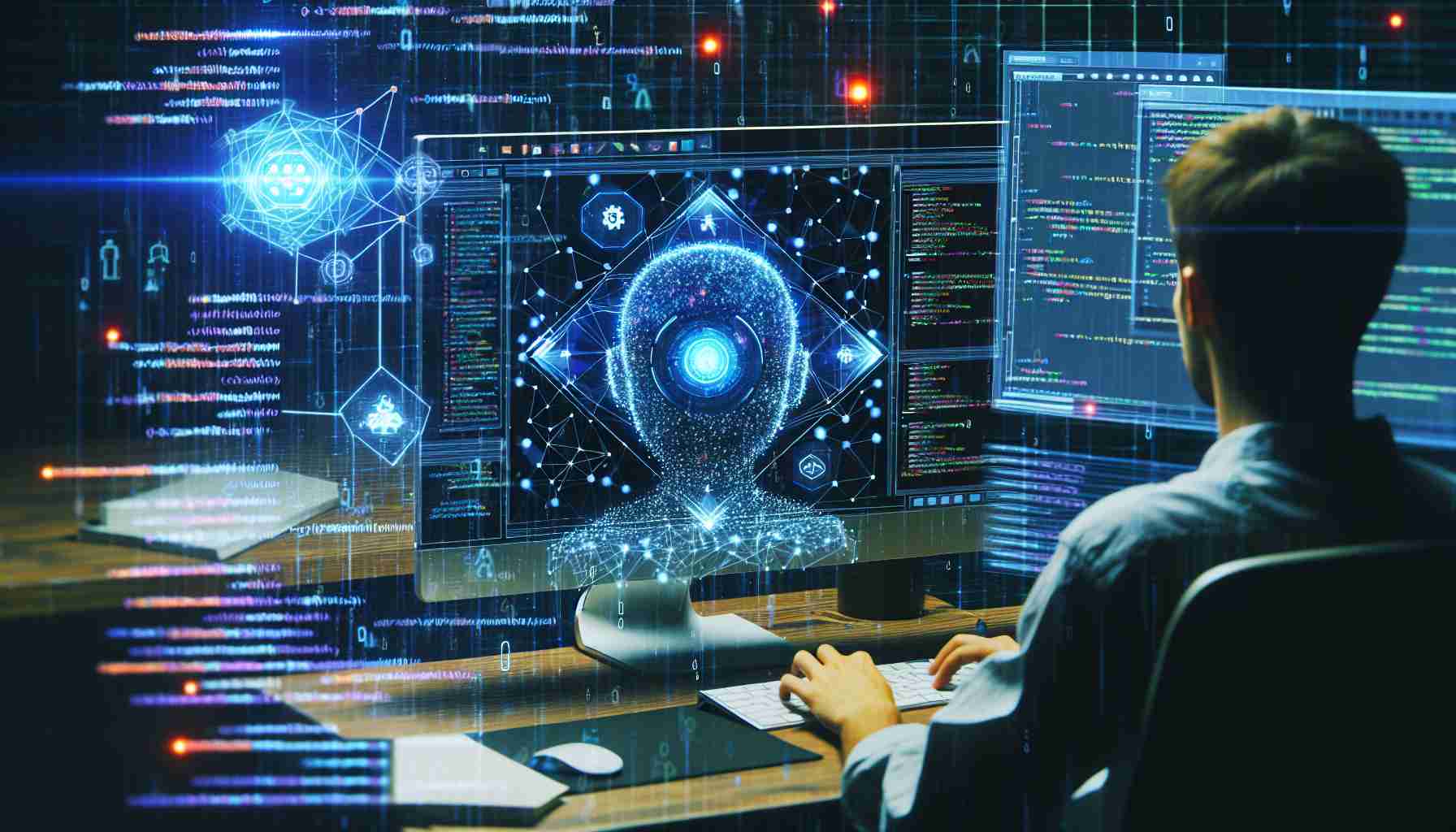Game developers, renowned for their innovative and creative spirit, have recently demonstrated a strong skepticism towards new technologies like cryptocurrency, NFTs, and now, AI. The reluctance stems from past experiences where the integration of such technologies prioritized profit over the enhancement of gameplay and user experience.
Differences in reception between crypto and AI within gaming
While crypto ventures, driven by entrepreneurs often detached from the nuances of the games industry, tend to offer negligible improvements and are seen as opportunistic, AI technologies are carving a different path. Sophisticated AI tools, designed by industry insiders who are passionate about gaming, aim to facilitate game development by streamlining processes and offering substantial time and cost savings.
How AI tools benefit game developers
One noteworthy example is the use of AI to animate 3D models. These tools are designed to lower the technical and financial thresholds that game developers face, particularly in the realm of rendering models lively and interactive. This helps democratize game development, giving newcomers a stronger foothold in the industry without the traditional barriers.
Respect for copyright with AI in gaming
Furthermore, it is critical to recognize that not all AI implementations come at the expense of creator rights. Many AI tools designed for game development are conscientious about using 3D models with compatible licenses. The creators of these tools are dedicated to crediting original authors and adhering to copyright terms.
Encouraging openness towards AI in the games industry
Therefore, it is a plea to the gaming community to not paint all AI with the same brush. Unlike some opportunistic technology pitches seen before, these AI systems are crafted with a deep respect for game development and intellectual property. By embracing these AI advancements, game developers can unleash their creativity, enhance productivity, and reduce redundant tasks, ultimately propelling the gaming industry forward.
Important Questions and Answers:
Q: How does AI affect the creative process in game development?
A: AI assists in the creative process by automating tasks such as animation, level design, and asset generation. By reducing the time spent on repetitive work, developers can focus more on the creative aspects of game creation.
Q: What are the potential challenges or controversies around using AI in game development?
A: Challenges include the fear of job displacement as AI automates tasks that were traditionally completed by human developers. There is also the concern that AI-generated content may lack the nuance and creativity that human developers bring. Controversies may arise around the ethical use of AI, ensuring that it respects copyright and original creator rights.
Q: Is there a risk that AI could lead to homogenization in games?
A: There’s a concern that reliance on AI tools could lead to a certain sameness in game design, as developers might gravitate towards what’s most efficient or suggested by AI patterns. Maintaining diversity and innovation in gaming is imperative.
Advantages:
– AI can reduce the barriers to entry for new developers by lowering costs.
– It can streamline development processes, leading to quicker turnaround times for games.
– AI tools can handle mundane tasks, allowing developers to focus on more complex and innovative work.
Disadvantages:
– There could be over-reliance on AI, which may stifle human creativity and unique narrative elements.
– As AI becomes more integral to game development, the distinction between AI-generated content and human-created content may become a point of contention.
– Developers might have concerns about AI respecting intellectual property and the potential for copyright infringement.
Suggested Related Links:
– For insights on AI in game development, visit Unreal Engine.
– To explore the intersection of AI and creativity, visit Unity Technologies.
– For a broader view on AI technology, visit IBM Watson.
Additional Relevant Facts:
– AI can be used to personalize gaming experiences by adapting gameplay difficulty and content based on player performance and preferences.
– There is an ongoing discussion about the ethical implications of AI-generated art and whether AI should be credited as a “creator.”
– Machine learning algorithms are already being used in some games to create dynamic and responsive AI opponents that learn from the player’s tactics.
– Potential exists for AI to assist in bug testing, identifying and addressing game issues before release, which can greatly improve the quality of the final product.
The source of the article is from the blog maltemoney.com.br

